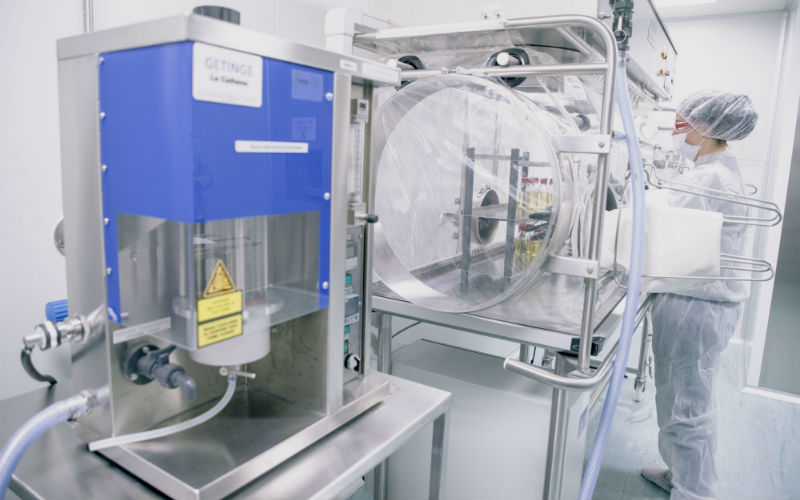Pharmaceutical research requires greater investment and logistical support for the development of the sector and to face the new health challenges of the future
International cooperation is essential in R&D within the pharmaceutical industry and research. The exchange of knowledge on an increasingly global scale, between public entities, administrations, research centers, health centers, universities and professionals helps to find solutions against different diseases. Proof of this were the alliances between different research groups and countries to fight COVID-19.
It is essential to support the financing of collaborative research and build state frameworks that facilitate it. Only in this way can people’s quality of life be improved, following the strategic lines of the European Federation of the Pharmaceutical Industry (EFPIA).
The EU’s role in pharmaceutical research
It is important to highlight, despite high inflation and restrictions in supply chains, the European Union’s commitment to pharmaceutical research. In fact, it has established itself as the leading commercial power in the sector.
International agreements for the pharmaceutical industry are reached based on current legislation and safety standards, with priority being given to maintaining the integrity of the supply chain, as an essential pillar for the safety and quality of medicines.
In this sense, the European Commission and the European Medicines Agency (EMA) work together to establish relationships with organizations around the world and establish global pharmaceutical collaborations. However, an effective international policy must be articulated through bilateral and multilateral relations that guarantee the configuration of international scientific networks.
Bilateral relations
Global pharmaceutical collaboration is based on the need to establish a regulatory dialogue framework, with correct manufacturing practices and following fixed confidentiality standards. Thus, the EU holds bilateral meetings with the United States, China and India. This is the case of agreements with the FDA (the US agency for food and drug control). Pharmaceutical consultation and cooperation mechanisms are being implemented with China and a cooperation agreement is being implemented with India.
Within international pharmaceutical alliances, confidentiality agreements take on a special role. Exchanges of sensitive information and confidentiality agreements have been established with the regulatory authorities of Australia, Canada, Japan, Switzerland and the USA, as well as with the WHO.
There are also mutual recognition agreements, which are key to the exchange of pharmaceutical knowledge. In this way, EU authorities will be able to accept inspections carried out by other regulators. These agreements are currently maintained with New Zealand, Australia, Japan, Canada, the USA, Switzerland and Israel.
The European Commission also cooperates with Taiwan, in semi-annual meetings, as well as with the Republic of Korea in the context of the Free Trade Agreement, of which pharmaceutical products are part.
Multilateral relations
Joint research projects in the pharmaceutical industry envisage the EU establishing relations with the International Council for Harmonization of Technical Requirements for the Registration of Medicinal Products for Human Use (ICH) and the International Forum of Pharmaceutical Regulators. In the case of Netpharmalab, the processes for preparing active substance formulations are carried out following authorized references from the European Pharmacopoeia, the United States Pharmacopeia (USP) and the aforementioned International Council for Harmonization (ICH).
The role of the United States
The US Department of Health (HHS) set, in September 2023, the limitation on the price that Medicare pays for some of its most expensive medications. This intervention on prices in the largest free competition world market follows in the footsteps of other European markets and opens the doors to allocating more funds to cooperation and research. However, if it is considered a negative measure, it could reduce the turnover of the affected companies and reduce external investments in R&D.






